-
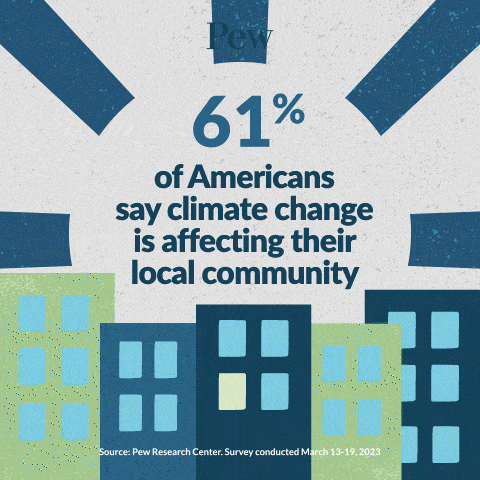
Climate Change Resilience in Real Estate
•
Climate Change Resilience in Real Estate Climate change is one of the most pressing challenges of our time, affecting various aspects of our lives, including the real estate industry. As global temperatures rise and extreme weather events become more frequent and severe, the need for climate resilience in real estate is increasingly critical. This…
-

Energy Efficiency and Sustainable Real Estate
•
The demand for energy-efficient and sustainable real estate is growing rapidly as more individuals and businesses recognize the importance of environmental stewardship and cost savings. Green buildings, designed with sustainability in mind, offer numerous benefits, including reduced environmental impact, enhanced energy efficiency, and long-term financial savings. This article delves into the factors driving the…
-

Battling Coastal Flooding
•
Battling Coastal Flooding Rising sea levels are an increasingly urgent issue, posing a significant threat to coastal properties worldwide. As climate change accelerates, the impacts on coastal regions are becoming more pronounced, with severe implications for property values, insurance costs, and the need for resilient design and adaptation strategies in real estate development. This…
-

How Climate Change is Transforming the Real Estate Industry
•
How Climate Change is Transforming the Real Estate Industry Climate change is no longer a distant threat; it is a present reality affecting various sectors globally. Among these, the real estate industry stands out due to its inherent dependence on environmental stability and location-specific factors. As the effects of climate change become more pronounced,…
-
Exciting Announcement: Launch of My New Newsletter!
•
Exciting Announcement: Launch of My New Newsletter! After receiving valuable feedback from many of you, I am thrilled to announce the launch of my newsletter! This new venture aims to provide you with more in-depth content, directly in your inbox, while continuing to deliver daily summaries on LinkedIn. Why a Newsletter? The primary reason…
-
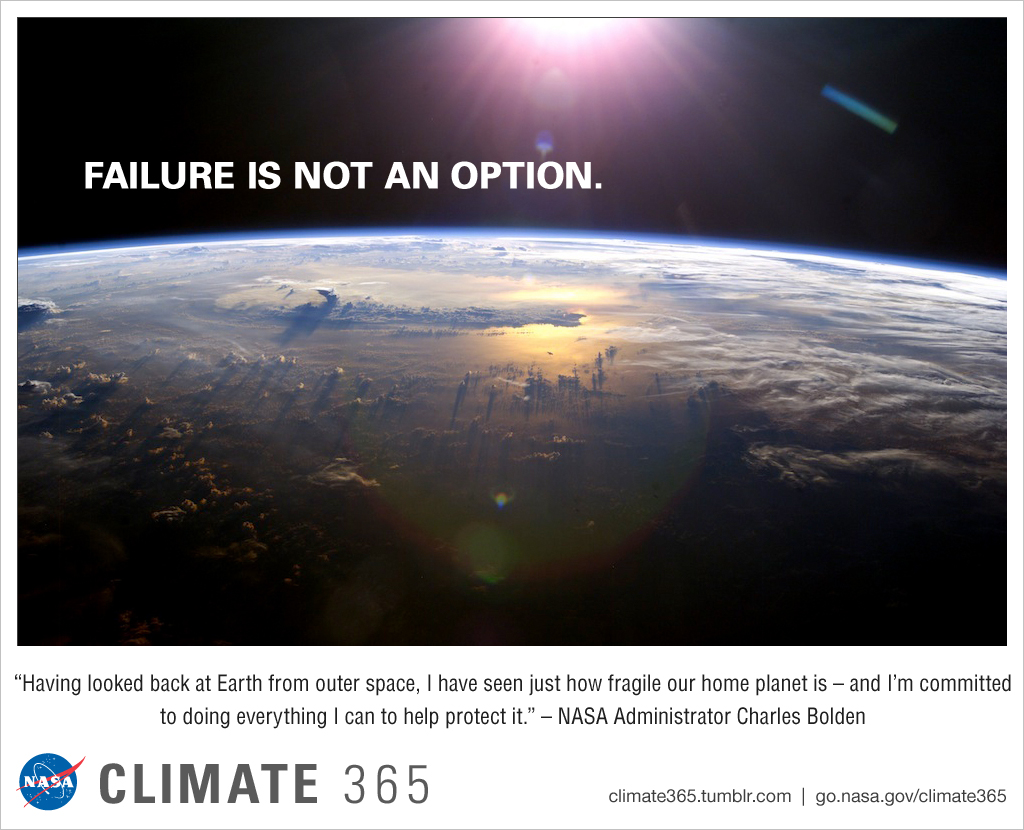
Understanding Adaptation and Mitigation
•
Definitions, Differences, and Geospatial Considerations tl;dr This article introduces the concepts of climate change adaptation and mitigation, highlighting their differences and the role of geospatial science. Adaptation involves adjusting systems to reduce damages and exploit opportunities, while mitigation aims to reduce greenhouse gas emissions. Differences include objectives, benefits, costs, and timing. Geospatial science plays…
-
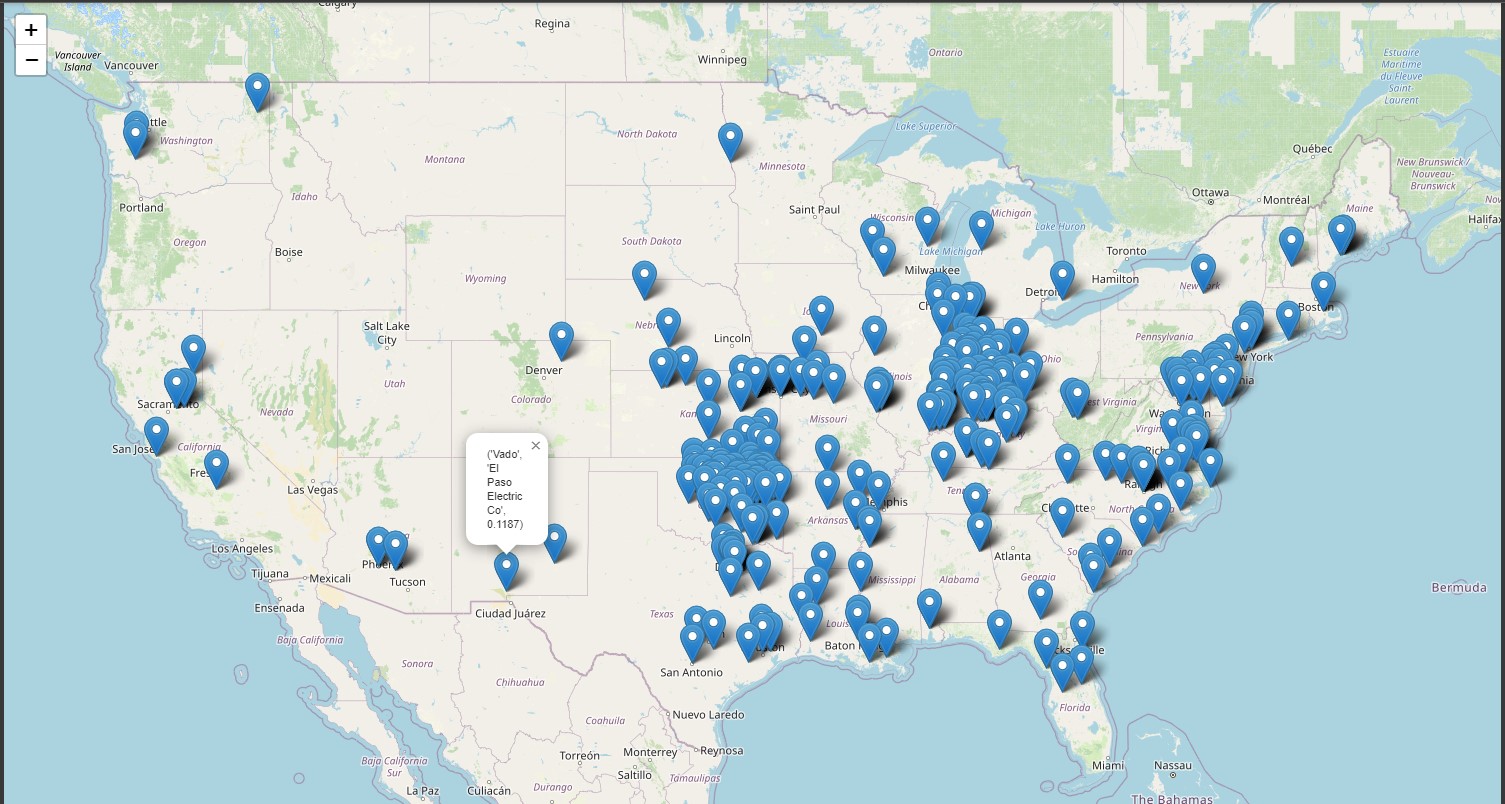
Electric Utility Companies, Rates, and Locations: An Essential Understanding for Environmental Justice
•
Electric utility companies, their rates, and locations play a crucial role in achieving environmental justice. Understanding utility rates empowers individuals, promotes energy conservation, and guides corporate social responsibility. Policymakers benefit from this knowledge to promote energy equity and advocate for affordable renewable energy. The National Renewable Energy Laboratory’s Utility Rates by Census Region API…
-
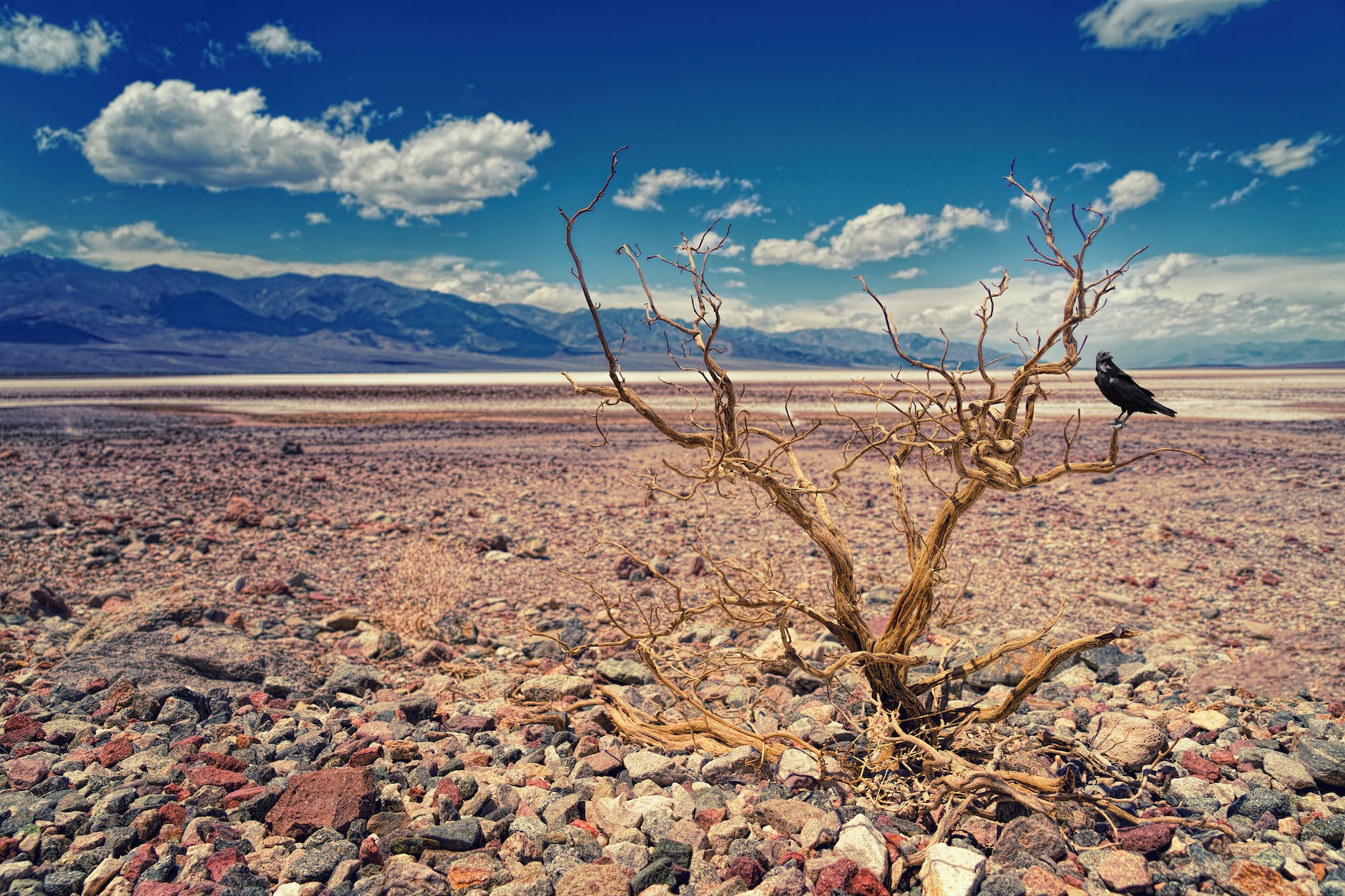
Droughts in the US: Understanding the Impacts, Challenges, and Solutions
•
Droughts in the US pose significant challenges to ecosystems, communities, and well-being. Climate change exacerbates drought conditions, leading to water stress, food insecurity, wildfires, and health impacts. Building resilience through diverse water sources, conservation, sustainable agriculture, and integrated management is crucial. Local agriculture can mitigate food insecurity by diversifying crops and promoting soil conservation.…
-

Unpacking the Justice40 Initiative: An Insight into Its Expenditures to Date
•
The Justice40 Initiative, under the Biden administration, aims to direct 40% of federal benefits from climate and clean energy investments to disadvantaged communities. The initiative’s diverse expenditures include promoting clean energy technologies, enhancing infrastructure resilience, improving energy efficiency in housing, funding training and workforce development, and investing in research and development. To date, a…
-
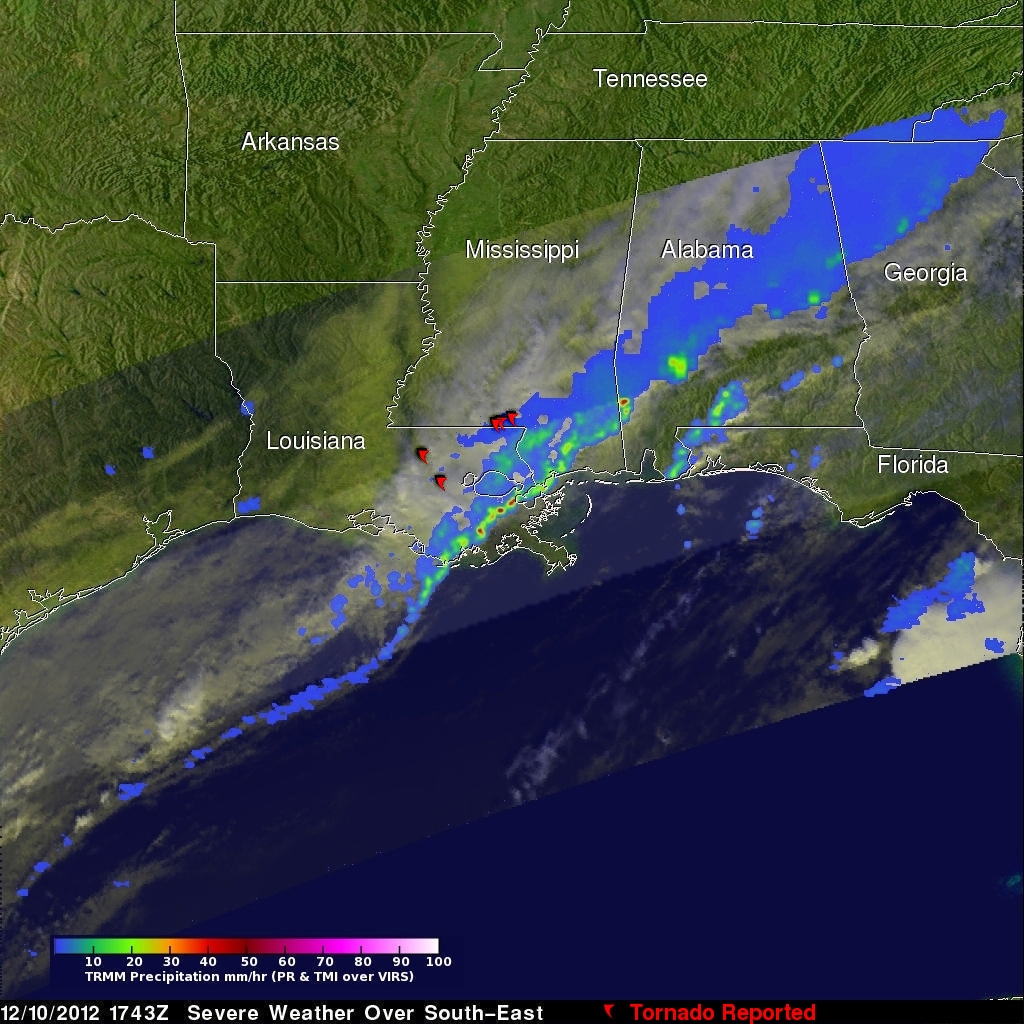
Tornados
•
Tornadoes are a natural disaster that can cause significant physical and psychological damage. These violent rotating columns of air can reach wind speeds of up to 300 miles per hour and cause destruction to even well-built buildings. Tornadoes are often associated with thunderstorms, heavy rainfall, large hail, and flash flooding, making road conditions hazardous…